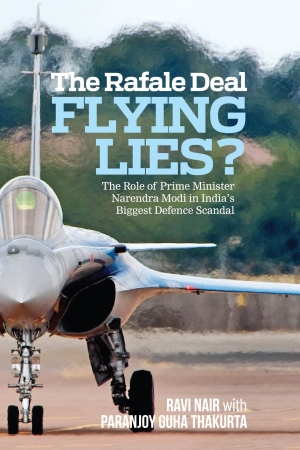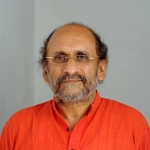The story of the recent purchase of 36 Rafale fighter aircraft from the privately-owned French company Dassault Aviation is different from, and yet similar to, other scandals relating to the import of defence equipment by India, including the acquisition of Bofors guns from Sweden in the late-1980s.
The deal relating to the purchase of the fighter jets on the basis of a government-to-government agreement is a transaction in which the Prime Minister of India Narendra Modi was directly involved, or so his own defence minister and others have testified.
While this is hardly the first deal of its kind that has attracted considerable public attention and has been accompanied by allegations of corruption and favouritism, it is by far the largest military equipment scandal to have come to light so far.
As we publish, an investigation is going on in France on whether there was malfeasance in the acquisition and whether illegal kickbacks were paid in the Rafale deal, that involves various players including corporate entities in the Anil Dhirubhai Ambani Group and dubious defence dealers.
This is the deepest dive so far into a subject on which many tens of thousands of pages have already been written. Why then is this book being published? Because the full story about the Rafale deal is yet to be told.
When there is substantial expenditure of taxpayers’ money, all relevant documents and averments need to be examined to ascertain whether public interest has been properly served. The authors have placed on record all sides to the story by interviewing dozens of knowledgeable persons, those supportive of, as well as those opposed to, the Rafale deal.





